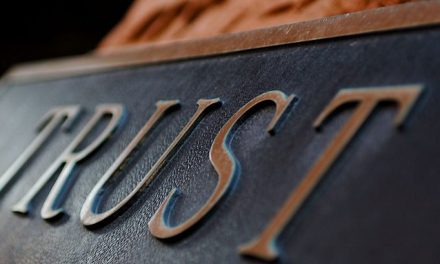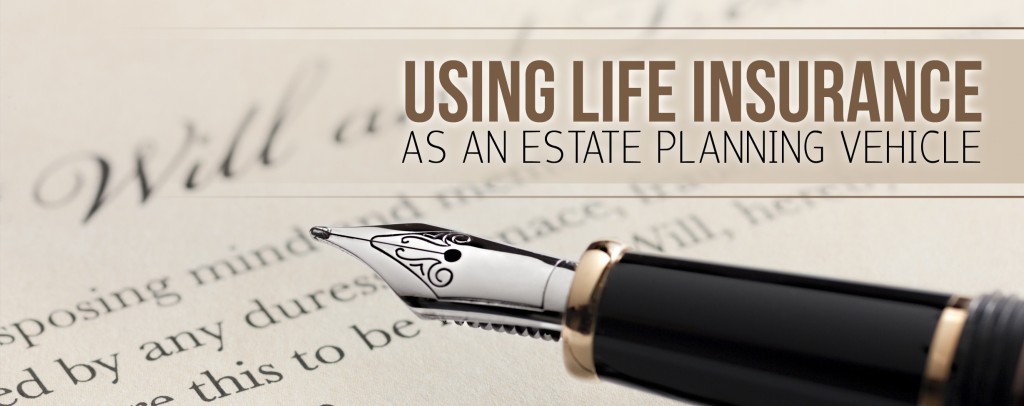This is the second post in a series of articles on estate planning. Last week we talked about the importance of wills in light of pop superstar Prince’s passing. Dying without a will is a costly mistake, but it’s not the only estate planning mistakes you can make.
Wills are a touchy subject – no one enjoys planning for their own death. But if you have loved ones and assets, estate planning is a must. Many assume estate planning isn’t necessary unless they’re a multimillionaire like Prince, when that couldn’t be further from the truth. Let’s take a look at some costly estate planning mistakes you can make and how to avoid them.
Mistake #1: Dying Without a Will
As we revealed last week, over half of Canadians don’t have a signed will, finds a LawPro survey. Think about that for a moment, over half of Canadians – that’s a lot! Why do so many people not get around to drafting up a will? Many wrongly assume their assets will simply automatically transfer to their spouse.
When you die intestate, unless your assets are held jointly with right of survivorship, your province of residence determines how your assets are to be divided. If you’re living common-law, your parents could end up with your estate instead of your common-law spouse. Likewise, if you’re separated, your former spouse could end up with your estate. If you don’t have a will, make drafting one a priority!
Mistake #2: Not Paying the Taxman His Fair Share While You’re Still Alive
A common estate planning mistake occurs before your death. Not paying the taxman his fair share of taxes on asset transfers is a common mistake. Major assets like homes, cottages and investments are often transferred from parents to adult children for two main reasons: so that parents can see their children enjoy the assets while they’re still alive and to avoid tax liabilities.
While you may have good intentions in transferring these assets to your children, this can create tax liabilities and headaches when you pass away. Asset transfers like this often involve paying capital gains. If the taxes owing weren’t paid when the original asset transfer took place, the estate could end up with a costly tax bill when filing the final tax return (not to mention the difficult tasks of following the paper trail and possibly amending tax returns). A well structured estate plan would help identify what the best strategy is for passing your assets on to your loved ones and how to minimize your potential tax bills. Some of these include the use of Trusts, Named Beneficiaries, Joint Ownership with rights of survivorship etc. We will discuss what some of these strategies are in subsequent articles.
Mistake #3: Contradicting Your Will
This leads us to our third costly estate planning mistake, contradicting your will. If you’re like most parents, you’ll want your assets equally divided among your children. While that may have been your original intention, this often doesn’t happen. For example, if you transfer your cottage to one of your children while you’re still alive, this could contradict the wishes in your will, in some cases your entire will or portions of it could be invalidated. This means dying interstate. Not only can this make dividing up your estate more complicated, it can lead to fighting among family members, the last thing you wanted.
These are just three of the many costly estate planning mistakes you can make. Next week we’ll go over more costly estate planning mistakes, including not keeping an updated will. Need some help with estate planning? We have a team of experts who can help you navigate the sometimes complex waters of estate planning. Feel free to contact our office today.









